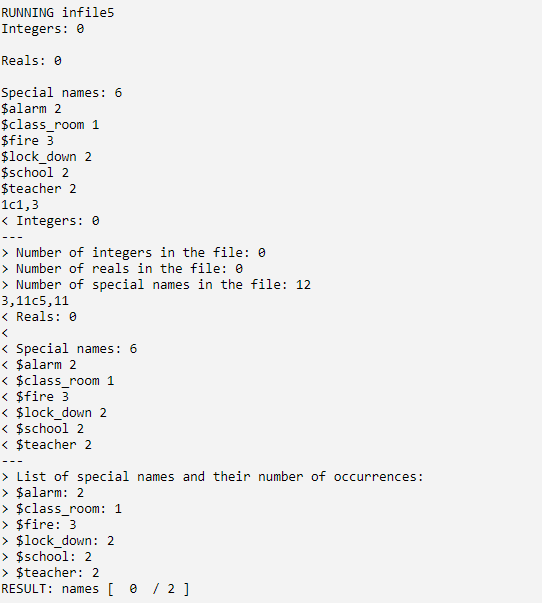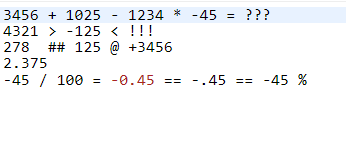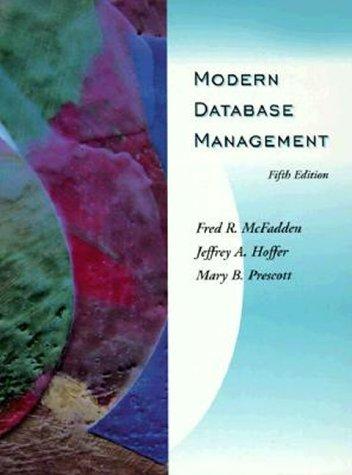Question
Write a C++ program that reads from a file specified in the command line as an argument. The program should read from the file words
Write a C++ program that reads from a file specified in the command line as an argument. The program should read from the file words until the end of file. In case the file is empty, print out on a new line the message "File is empty." and then exit. However, if no file name is provided, the program should print on a new line "NO SPECIFIED INPUT FILE NAME.", and exit. If the file cannot be opened, print on a new line "CANNOT OPEN THE FILE ", followed by the file name, and exit. A word is defined as a sequence of one or more non-whitespace characters separated by whitespace.
The program should recognize words that represent integer numbers, fixed-point numbers and special names. An integer is defined as a word that starts by a digit, or a sign (i.e., - or +) followed by a digit, that may be followed by zero or more digits. A fixed-point number is defined as a word that starts by a digit, or an optional sign followed by a digit, and followed by zero or more digits, a decimal point (i.e., a dot) and one or more digits. For example, 0.4, 2.5, -3.75 are valid fixed-point numbers, but 5., .8, 5.6.7 are not valid fixed-point numbers. A special name is defined as a word that starts by $ and followed by a letter which may be followed by zero or more letters, digits or underscores. For example, $value, $num_234_ten, and are valid names, but $9val, and $_num are not.
The program should count and display the number of recognized integers, fixed-point numbers and special names. Then the program should display the value of each word category and the number of occurrences of that word. The program should print out the results according to the format and order given by the example below, as the list of integers first, followed by the list of reals second, then the list of special names third.
My Code:
#include
using namespace std;
int main(int argc, char *argv[]) { map
// Check if file name was specified if (argc != 2) { cout
// Open the file ifstream file(argv[1]); if (!file.is_open()) { cout
// Read from file and store words in respective map string word; while (file >> word) { if (regex_match(word, regex("^[+-]?[0-9]+$"))) ints[word]++; else if (regex_match(word, regex("^[+-]?[0-9]+(\\.[0-9]+)?$"))) reals[word]++; else if (regex_match(word, regex("^\\$[a-zA-Z]+[a-zA-Z0-9_]*$"))) names[word]++; }
// Check if file was empty if (ints.empty() && reals.empty() && names.empty()) { cout
// Display results cout
cout
cout
return 0; }
It is supposed to be outputted like this

//infile3

//infile4

//infile5

//infile6

2.525.60+16.255.0.70.22.512.6.716.2525.62.52.525.6.52.5 3456+1025123445=???4321>125
Step by Step Solution
There are 3 Steps involved in it
Step: 1

Get Instant Access to Expert-Tailored Solutions
See step-by-step solutions with expert insights and AI powered tools for academic success
Step: 2

Step: 3

Ace Your Homework with AI
Get the answers you need in no time with our AI-driven, step-by-step assistance
Get Started


